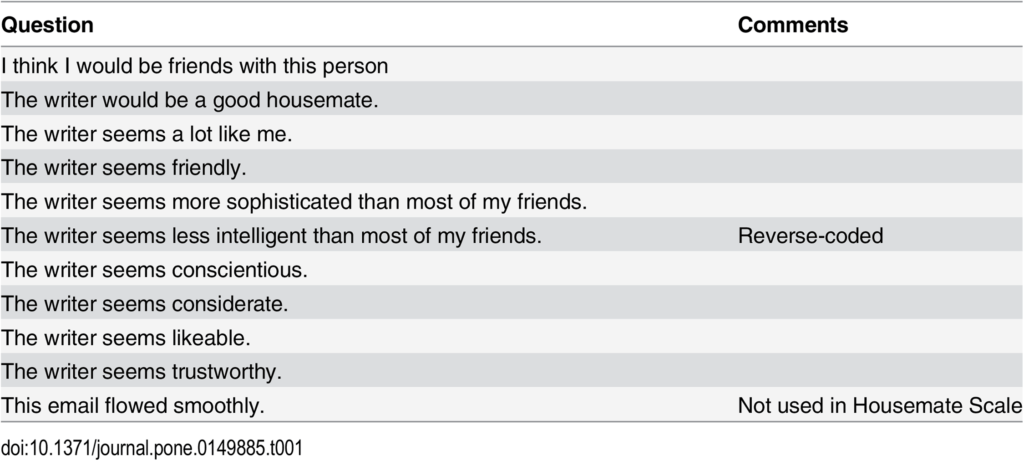Some people take their grammar very seriously and it shows in their personality. You know who I’m talking about. Oops, did I end my sentence with a preposition?
The Grammar Police
They are the proverbial grammar police, and though I hate to use the term in this day and age of ever-growing intolerance, you may even hear “grammar nazis”. It is not only that bad grammar gets under their skin. These people cannot help but call out grammar mistakes whenever they see or hear them.
I’m not talking about school teachers whose job it is to review your grammar, not about proofreaders or editors either. People often pay for these services! I’m talking about the folks out there who give unwanted and often unnecessary criticism. Odds are you know someone who gets peeved by bad grammar and may even be a bit outspoken on the issue. It does not always come off as very nice.
Grammar and Social Acceptance
A study in the peer-reviewed medical journal PLOS One shows that a person’s reaction to bad grammar, typos included, correlates with certain personality traits. It even showed that people with those personality traits were more likely to judge others socially, not just on their grammar.

The study asked 83 English speakers to read email responses to an ad for a roommate. Those emails had either 1) no errors, 2) grammar errors (there vs. their), or 3) simple typos (about vs. abuot). The grammar errors were limited to homophones — words that sound alike but have different meanings. The study participants then completed a questionnaire about what they read.
Interestingly, the reader’s age or educational background didn’t matter. Also, reading for pleasure did not necessarily make someone more critical than someone who didn’t. In fact, other studies have found that readers tend to be kinder than other people. They even live longer!
Grammar and Personality
There are several personality tests out there. Most everyone has heard of Myers-Briggs. The researchers in this study turned to the Big Five Personality test (also known as the OCEAN model) that focuses on the following traits and rates each on a scale of 0-100:
O — Openness to experience
C — Conscientiousness
E — Extraversion
A — Agreeableness
N — Neuroticism
Study participants who rated high for “extraversion” weren’t really bothered by errors while those who rated high for “neuroticism” were critical of both grammar errors and typos. People who were more “agreeable” were critical of grammar errors, less so for typos. The opposite was true for people who scored high for “openness” and “conscientiousness”.
Where do you fit?
Does Grammar Really Matter?
People judge our grammar every day. If you submit a job application full of spelling mistakes, it could turn off an employer. Could a bank deny you a loan? Sadly, it happens all the time. Sometimes it depends on the context too. Someone is less likely to care about a typo in a text than one found in a newspaper.
Is it fair? Absolutely not. Some people may speak in dialects you are not familiar with. They may have a different educational background. Not everyone gets the same opportunities in life.
That is not to say that grammar is not important. It affects how easy something is to read and understand. It’s about effective communication. If the ideas do not come across, yes, grammar does matter. In fact, it could be the difference between someone reading a good book or putting one down.
That said, people make mistakes. It’s human nature. When you think of all the times autocorrect failed you or when you struggled to find the right words, you would think people would be more forgiving. Judging people for their use of grammar seems unnecessarily harsh. If their overall message shines through, consider letting it go. It takes character and personality to look beyond our differences.
References
Boland, J. E., & Queen, R. (2016). If You’re House Is Still Available, Send Me an Email: Personality Influences Reactions to Written Errors in Email Messages. PLOS ONE, 11(3), e0149885. https://doi.org/10.1371/journal.pone.0149885
What are the Big Five Personality Traits? – Learn all about the Theory. 123test.com. https://www.123test.com/big-five-personality-theory/


Leave a Reply